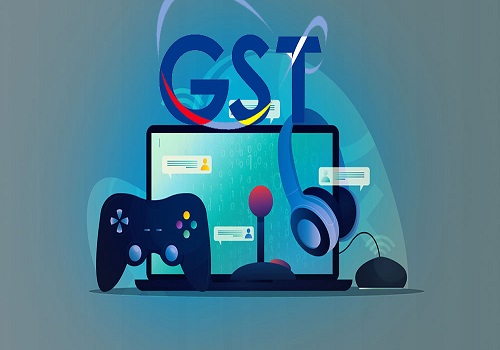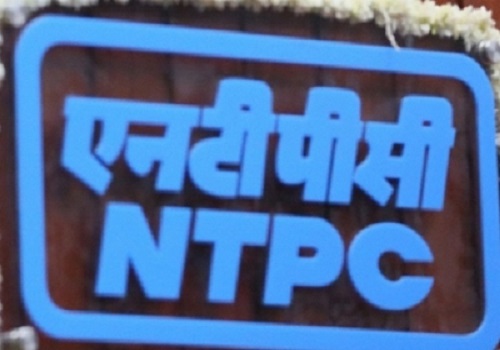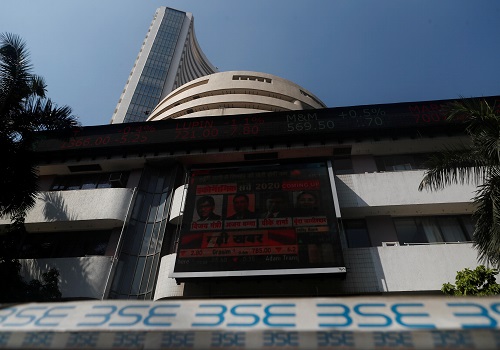Indian online skill gamings stakeholders come together to save industry: 1m Indian jobs, 400m Indian users, $2.5b investments

More than 120 CEOs/founders of online skill gaming companies and game developers along with all the industry bodies have written to the PMO and relevant ministries in the interest of protecting the online skill gaming industry.
On Tuesday, the GST Council announced to impose a 28 per cent tax on online gaming at the full-face value, shocking the industry and leaving them in significant distress.
Currently, the industry is paying 18 per cent GST on GGR/ Platform Fee. The letter highlights that, “an increase of GST to 28 per cent on GGR/Platform fee will result in a 55 per cent increase in GST quantum. Even though such an increase will be challenging for the industry, the industry supports this increase to be a contributor to nation-building.
However, for the sector to survive, this tax should be levied on the platform fee/Gross Gaming Revenue that is earned by the industry. This is similar to any other technology service platform, where only the revenue that platforms earn are considered for the purpose of levy of GST.”
Online skill gaming, with a $20 billion enterprise valuation, $2.5 billion in revenue, and $1 billion in annual taxes, is set to grow by 30 per cent CAGR to reach $5 billion in revenue by 2025. The total number of Indian online gamers grew from 360 million in 2020 to over 420 million in 2023. India’s gaming industry attracted FDI of about $500 million between 2014 and 2020, and over $1.5 billion between January 2021 - June 2022. The industry currently supports lakh of direct and indirect jobs, and these numbers will grow substantially in the next few years.
“The proposal to charge GST on the full Deposit Value will reverse the growth trajectory of the industry. This would potentially have devastating implications (including shut down of businesses) for MSMEs and startups that may not have the capital reserves to withstand such unprecedented tax increase. Further, this decision will encourage illegal offshore gambling operators, drive Indian users to them and ultimately lead to neither optimal tax collection nor the growth of the legitimate industry,” stated the letter.
The industry also highlighted 8 core points in the letter that underscore the adverse impact of such taxation in the letter requesting the PMO for a viable and progressive GST regime and reconsideration of the current recommendation.
“Hampers the Digital India Initiative and PM’s Vision. 400 per cent – 500 per cent increase in GST burden will impede the growth potential of the industry and disproportionately impact the survival of a large number of MSMEs and startups. Significant job losses and Impact on Livelihoods. Impact on Consumer Affordability and proliferation of the underground black economy and numerous criminal activities.
“Offshore Gambling Sites to be the Unintended Beneficiaries resulting in substantial tax loss to the government and will expose Indian gamers to harmful offshore gambling websites, which are not accountable to the Government of India. Stifling Foreign Investment - MeitYs decision to bring in online gaming intermediaries within its ambit was received extremely positively and would have resulted in significant FDI inflows. However, the imposition of GST on full value would debilitate potential investors, both domestic and foreign, from considering the online gaming sector in India as a viable investment destination. In addition, the current $2.5 billion plus in investments is at stake basis this decision. Losing Opportunity to become a Global Gaming Leader and Impact on Exports. Long Term Net Revenue Loss for the Exchequer,” it stated.























